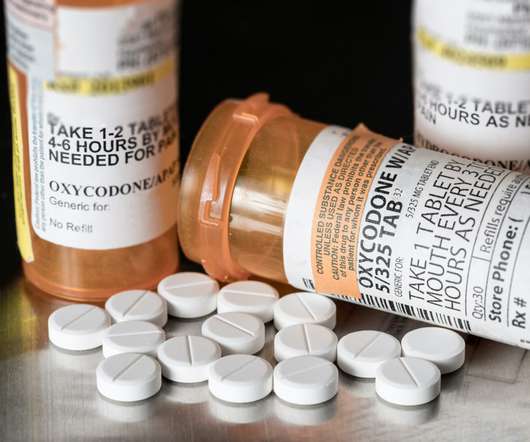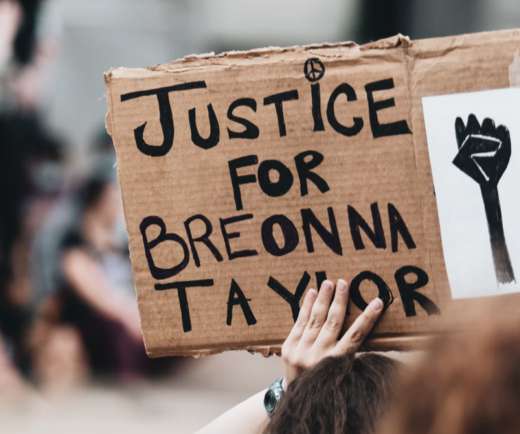US conservative advocacy group says strict liability crimes contribute to overcriminalization
JURIST
FEBRUARY 27, 2025
Right on Crime contends that “there has been an explosion of criminal laws passed by Congress and promulgated by federal executive agencies” where mens rea requirements have been intentionally omitted.



















Let's personalize your content